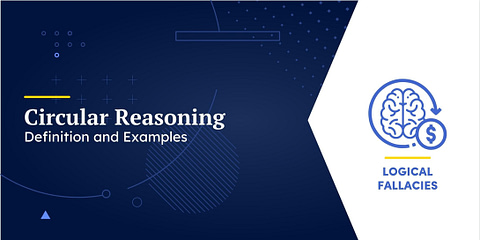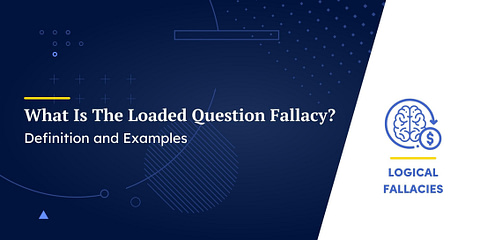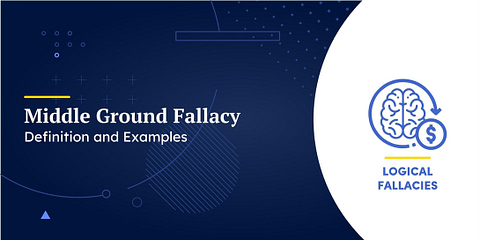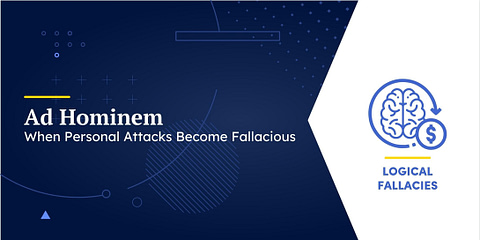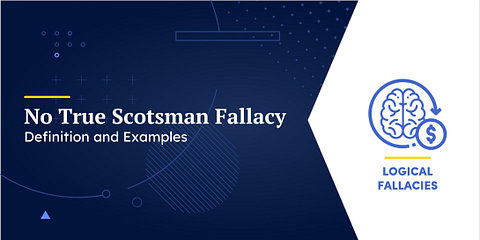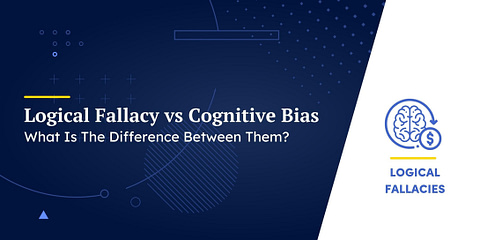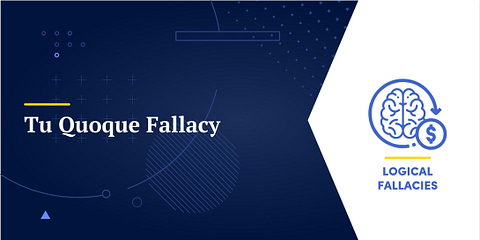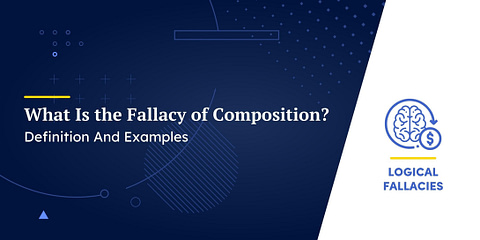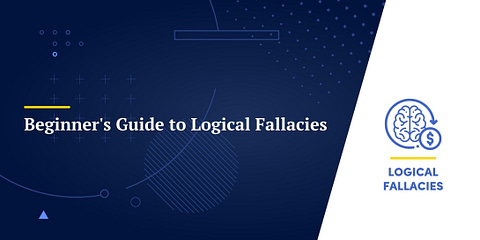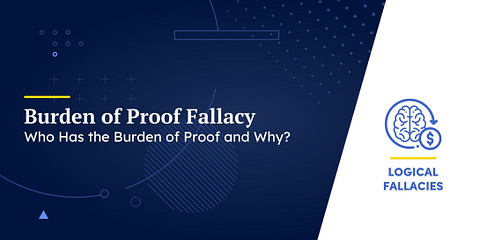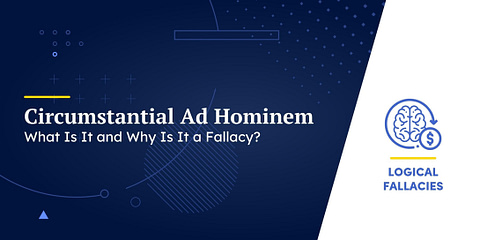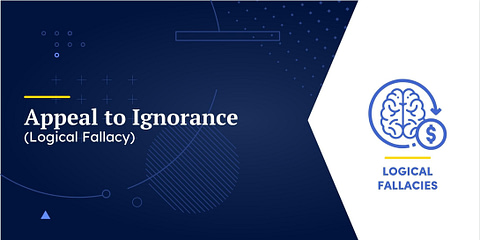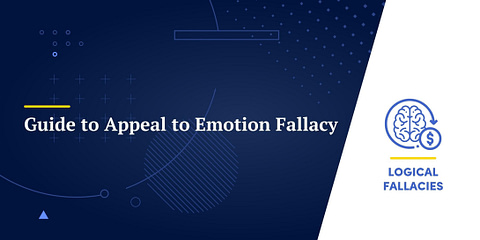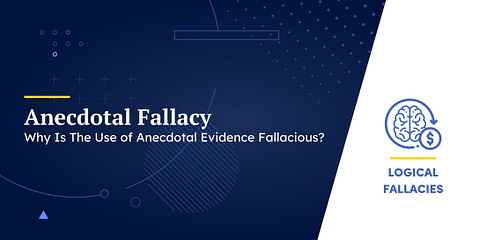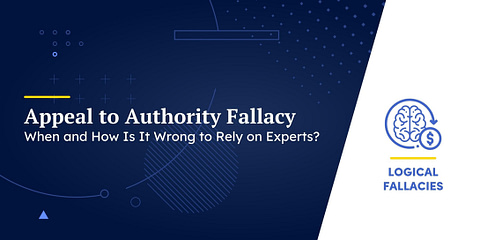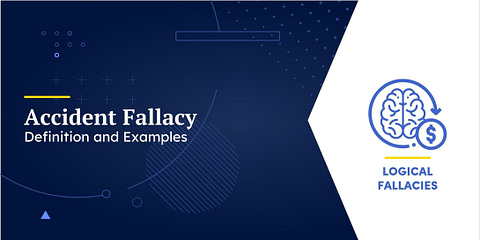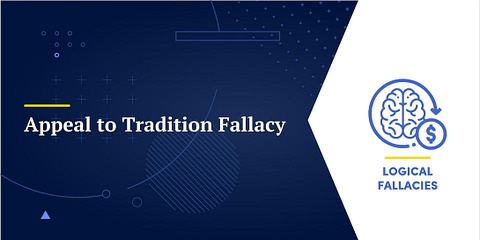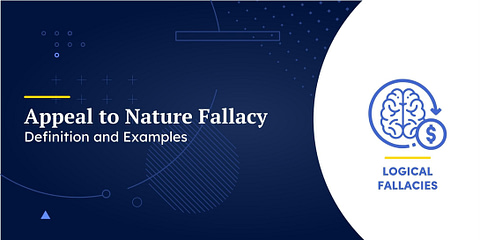Appeal to consequences is a type of logical fallacy, meaning a flaw in reasoning that weakens an argument or a trick of thought used as a debate tactic.
It occurs when the truthfulness of a statement or belief is decided by the consequences it would have. It’s used, perhaps most commonly, in attempts to either support or refute a particular belief, such as the existence of a higher being.
It is also known as argumentum ad convenientiam (Latin for “argument to the consequences”) and appeal to consequences of a belief.
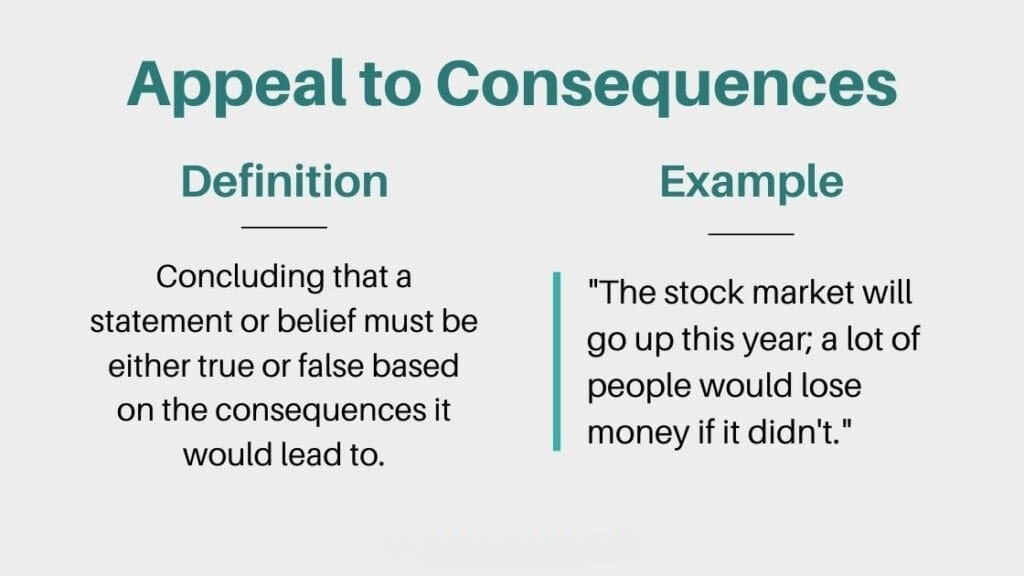
Definition
✍️ Appeal to consequences is a fallacy in which someone concludes that a statement, belief, or hypothesis must be true (or false) simply because it would lead to desirable (or undesirable) consequences if it were so.
👍 It has two logical forms, a positive and negative one. The positive form goes:
- If X is true, then Y will happen.
- Y is desirable.
- Therefore, X is true.
👎 And the negative one:
- If X is true, then Y will happen.
- Y is undesirable.
- Therefore, X is false.
This is fallacious because the truth value of a hypothesis or belief is not affected by the desirability of its consequences; the fact that a premise would have a positive outcome doesn’t make it more true. Moreover, the desirability of an outcome can be highly debatable because it is often based on a subjective point of view.
As such, this fallacy is seen as a type of emotional appeal: essentially, it makes inferences on the grounds of how people feel about something rather than based upon facts and logic.
Examples
👉 An example of an appeal to consequences would be:
“I can’t accept the claim that people have evolved from apes: otherwise, my ancestors would be monkeys. Therefore, the theory of evolution is wrong.”
Here, the fallacy occurs because the theory of evolution is said to be incorrect since, if it were to be true, it would have unpleasant consequences. However, as explained above, the truthfulness of the theory is independent of its consequences and our perception of them; in terms of logic, our emotions about it don’t affect its truth-value.
👉 Other Examples
- “Determinism cannot be true, because if it were, it would basically mean that I’m not in full control of my own decisions!”
- “If you don’t believe in God, you will suffer from a meaningless and unhappy life; therefore, God must exist.”
- “The stock market will go up this year; a lot of people would lose money if it didn’t.”
- “I don’t believe that climate change is caused by humans. If it were, it would mean that we people are responsible for destroying the planet.”
